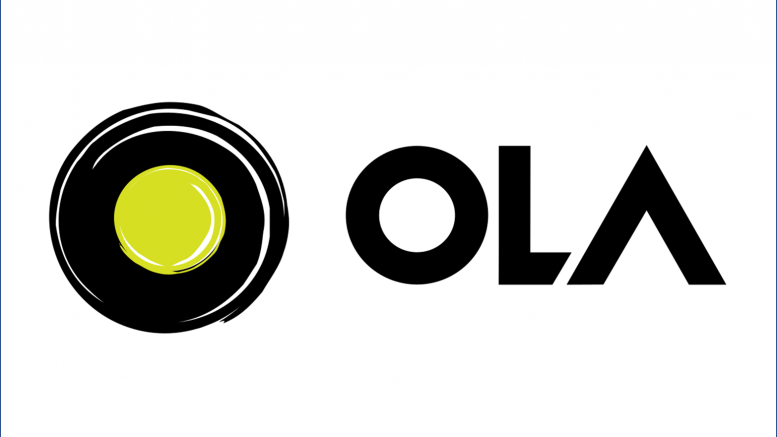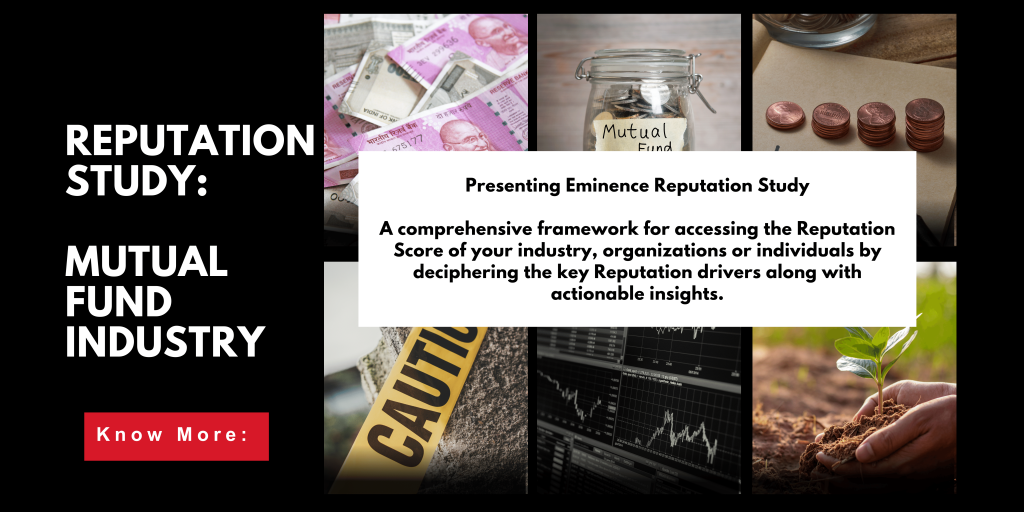
Ola recently revamped its pay-out structure to make incentives clear and transparent for its drivers. According to the new structure, the average take rate (commission taken by the company) is 20%, giving drivers a clear understanding of their expected revenue. After this move, there has been a 7-10% increase in the number of drivers joining Ola. Cab aggregators like Ola and Uber were facing a challenge of retaining drivers due to low incentives and revenues. Ola’s well-timed and astute strategy has helped it overcome this challenge. Reading about this development got me thinking about how brands need to proactively and consistently be involved with their stakeholders to ensure a better experience and good reputation. While most companies invest in loud and extravagant ad and media campaigns, they are not always backed up with enough proof points. Unless backed up with relevant action, the messaging will be temporary and ineffective in building any genuine loyalty. In a world where competition is ever-increasing and market conditions are volatile, actions speak louder than words.
Three of the most important stakeholders for any company are – the employees, the customers, and the larger community. For different companies, the experience of one of these could, in turn, affect that of the rest and the larger picture of its reputation.
For aggregators like Ola, the face of the company is the employee or the partner (in this case the driver). If the drivers are unhappy with the aggregator, which will eventually lead to low customer satisfaction. It was therefore pertinent for Ola to diligently associate with its most important stakeholder and ensure that they are loyal to the brand. The same can also be applied to service companies or brands with a large distribution network. Unless the employee believes in the brand, the experience of the end-consumer will not be positive.
When we think of a brand that exemplifies trust, the first company that comes to mind is the Tata Group. We have this perception today because of the continuous engagement that Tata has done with communities and social groups. For several years, Tata has launched CSR programs for education, skill-building, health, and social development. Unlike several companies that provide one-time funding though, Tata has played an active role in engaging with the community. It does not solely depend on its media interactions or articles to talk about its achievements in CSR. They are always backed up with transparent records and testimonials, which in turn help to position the brand as a trustworthy company. For larger companies like Tata whose businesses are spread across varied verticals, the community is the most important stakeholder and long-term reputation is essential.
One brand that understands its customers and goes to several lengths to provide exceptional service is Maruti-Suzuki. In the highly competitive space of the automobile sector, the car company has evolved with its customers’ varied needs. While it was known as an economic option for the masses, in recent years the company has carefully invested in parallel brands that offer premium service. The Nexa was launched with digital integration at the forefront, understanding that new-age and high-end customers demand services like mobile applications, cloud computing, and technology-driven aids. The result was that Maruti-Suzuki has sold over 1 million Nexa cars. The reason Maruti-Suzuki excelled was because of the consistent efforts it put in understanding the needs of its customers. As the Indian consumer’s appetite for larger, premium cars evolved, so did Maruti-Suzuki.
One-time campaigns are great for brand recall. However, in the long-run trust, loyalty and reputation are built by consistent efforts. With customers becoming more aware of their rights and mindful of the brands they associate with, companies must thus be cognisant of backing up their communication with valid actions. The proof of the pudding is truly in the eating.











